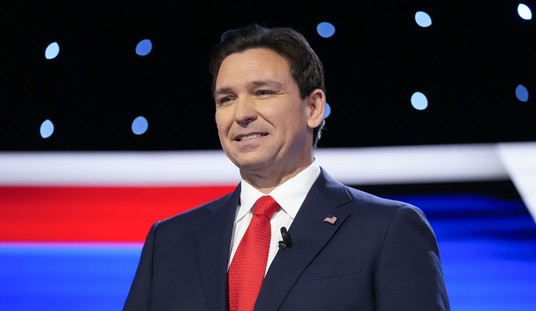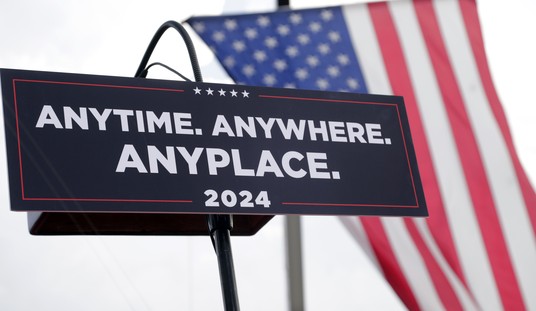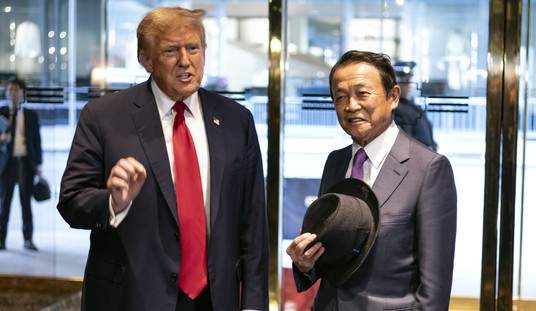In the race for the presidential nomination, the early state contests are crucial. For former Florida Gov. Jeb Bush, his home state will be unable to provide him with an early boost as it might have in past cycles. In 2016, primary voters in the Sunshine State will head to the polls after 11 other states have already voted on “Super Tuesday” in early March.
That was not the only amendment made to the 2016 primary schedule. While the calendar may yet change, Republican National Committee rules indicate that only four states — Iowa, New Hampshire, Nevada, and South Carolina — may hold primaries before March without incurring a penalty. Nevada’s caucuses are not especially influential (sorry, Jon Ralston) and South Carolina, formerly a state that reliably voted for the party’s eventual nominee since 1980, broke that trend in 2012 when former House Speaker Newt Gingrich won the Palmetto State’s primary contest.
An interesting Washington Post piece published on Monday explored the possibility that Gingrich’s victory was indicative of the Republican Party’s rightward shift rather than a change in the fundamental nature of South Carolina’s electorate. If that is true, it would also indicate that the state is going to prove to be tough terrain for Bush.
So, it seems likely that the big guns, New Hampshire and Iowa, will maintain their substantial influence over the nominating process. Bush can be reasonably assured that he will … underperform in the Hawkeye State. That leaves one early race where he can hope to burst out from the pack of GOP contenders and position himself as the most electable potential nominee.
Given the preliminary polling data in the Granite State, it’s easy to see why Bush decided it was in his best interests to form a presidential exploratory committee.
According to a recent and comprehensive University of New Hampshire survey of the 2016 race, Bush enjoys a net positive favorability rating of 21 points among Republican primary voters. In that regard, he ranks only behind Wisconsin Rep. Paul Ryan, Texas Gov. Rick Perry, Florida Sen. Marco Rubio, Kentucky Sen. Rand Paul, and Wisconsin Gov. Scott Walker.
What’s more, Bush’s strongest “establishment” competitor with gubernatorial bona fides, New Jersey Gov. Chris Christie, enjoys a positive favorability rating of just 9 points.
Further, despite the fact that Bush’s favorability ratings trail those of five of his likely opponents, a test ballot found that Granite State Republicans back Bush over all his 11 likeliest Republican opponents.
“Asking likely primary voters for their second, third and fourth choices does not clarify the GOP picture — With all four choices combined, 31% chose Bush, 26% chose Christie, 23% chose Paul and 22% chose [former Arkansas Gov. Mike] Huckabee,” the UNH poll’s write up read.
If we can expect Bush to have a floor of support at approximately 15 percent, we can also predict that he will have a ceiling. But the UNH poll suggests that it might not be low enough for Bush to view it as prohibitive.
According to UNH, Bush ranks just behind Christie as a candidate Republican voters said they would not vote for under any circumstances at 10 and 12 percent respectively. It is, however, worth noting that Bush’s unpopularity in this regard has been on the rise while Christie’s is falling from its July high.
Finally, Bush only narrowly trails Ryan as the candidate New Hampshire Republicans believe would be the most electable of the 11 Republican prospects in 2016.
The changes to the primary calendar this year confer even more authority to the results of Iowa and New Hampshire’s primary contests, states that many believe already enjoy undue and outsize influence over the nominating process. While few Republican rank and file voters seem enthusiastic about a Bush run, it is not illogical for the former Florida governor to think that he could emerge from a disappointing showing in Iowa as the candidate with the most momentum after a first or second-place finish in New Hampshire.
It’s a cold electoral calculus, but Bush could reasonably believe that he might be able to beat the fractious and divided conservative grassroots into submission with one major early victory in New Hampshire. The question he will have to ask himself is, after a scorched earth Republican primary process in which he faces off against a series of GOP candidates with far more enthusiasm from the national GOP electorate, what exactly will Bush have won for himself?









Join the conversation as a VIP Member